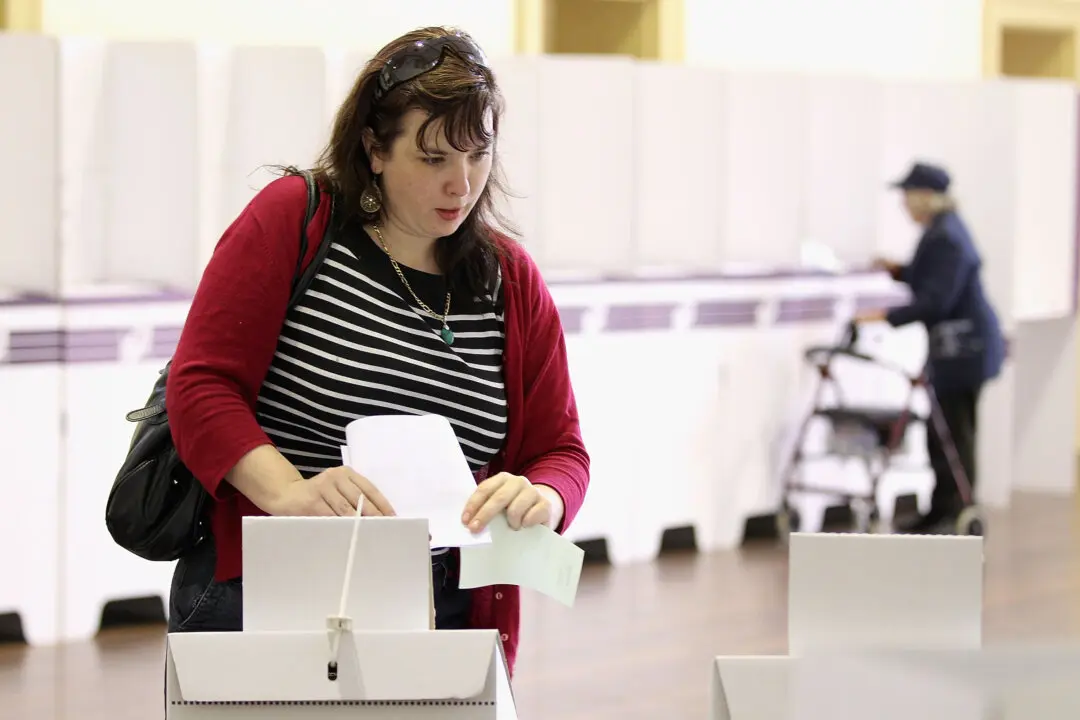Liberal Senator for South Australia Alex Antic has sounded a warning on Labor’s digital identity legislation, calling on Australian citizens to resist before it is “too late.”
The Senator noted Labor unveiled details of the digital ID law in the Senate last month, describing it as a “very concerning piece of legislation.”





